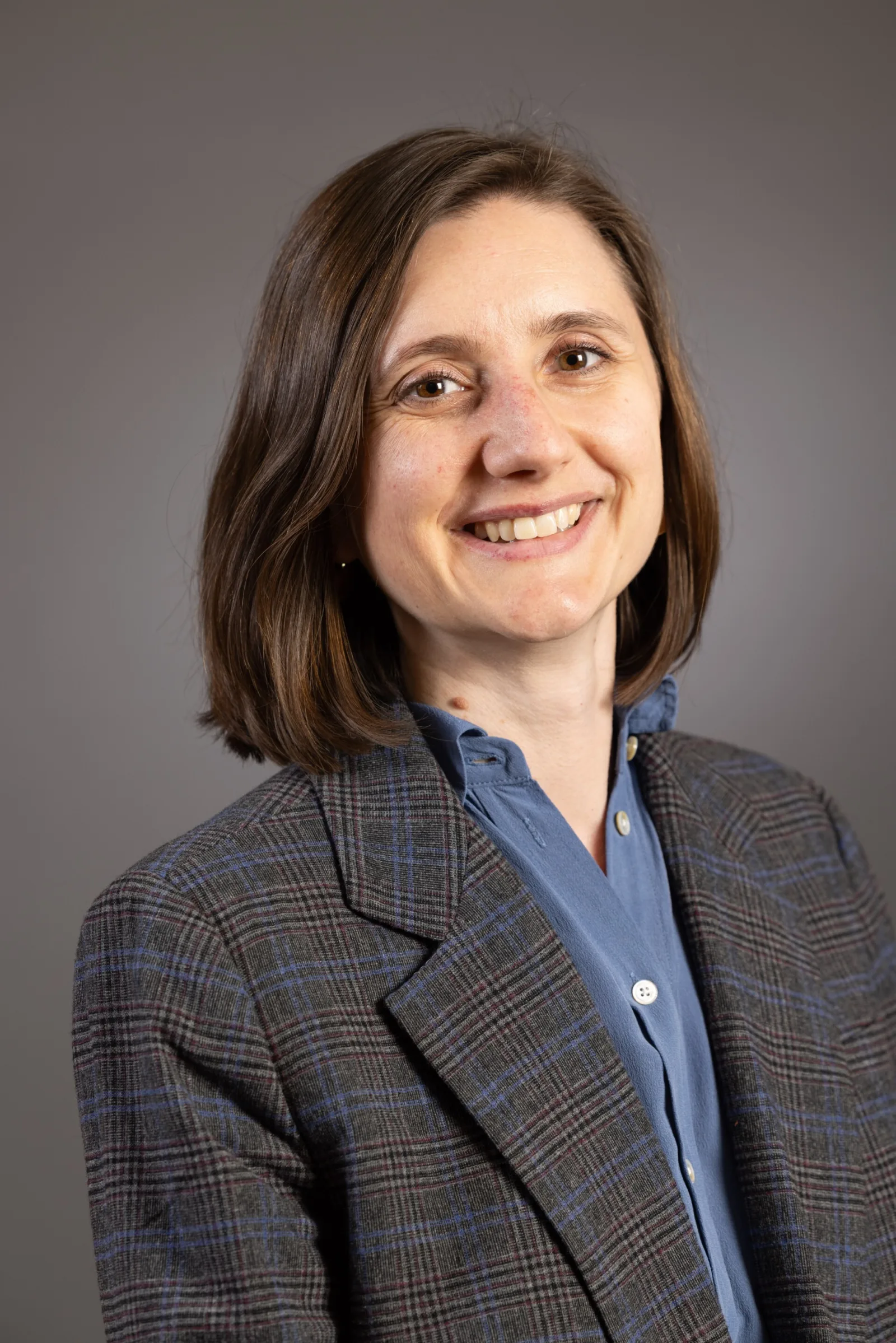Description
In my view, two versions of sustainability are formulated in the Renaissance, crucially interrelated; on the one hand, the indigenous Tupi definition of sustainability reported by Jean de Léry in 1578 and, on the other, a footnote in two Protestant Bibles in 1563 and 1565 that proposes a similar definition as a commentary on the meaning of Genesis (2.15). Since it is possible to imagine that Léry was influenced by Calvin’s views on nature in his version of indigenous sustainability, should we conceive of “not wasting” in the Renaissance as a Protestant ecology or as an indigenous one? Ultimately, I ask what is at stake in making such arguments about sustainability in the Renaissance: why would it be surprising or interesting that an old Tupi man and Calvin came so close, lexically, to today’s problematization of sustainability? Perhaps sustainability isn’t an idea that we invented, but rather something we forgot.
About the Speaker
Pauline Goul is Assistant Professor in French Literature at the University of Chicago with an affiliation in the Committee on Environment, Geography and Urbanization. She has published on topics such as urban garbage, ecology, the dating of the Anthropocene, and Ancient cynicism, particularly in the works of François Rabelais and Michel de Montaigne. In her first book project, Ecologies of Waste: Literature and Sustainability in Renaissance France, she argues for the influence of the conquest of the New World in the ways French authors, in the Renaissance, conceived of and worried about their growing environmental footprint. She has also co-edited Early Modern Écologies with Phillip John Usher (University of Amsterdam Press, 2020). Goul received her Ph.D. in Romance Studies from Cornell University in 2017 and previously taught at Vassar College and The George Washington University.
Register
This event is free, but all participants must register in advance. Space is limited, so please do not request a paper unless you plan to attend.
Click Here to Register and Request Paper